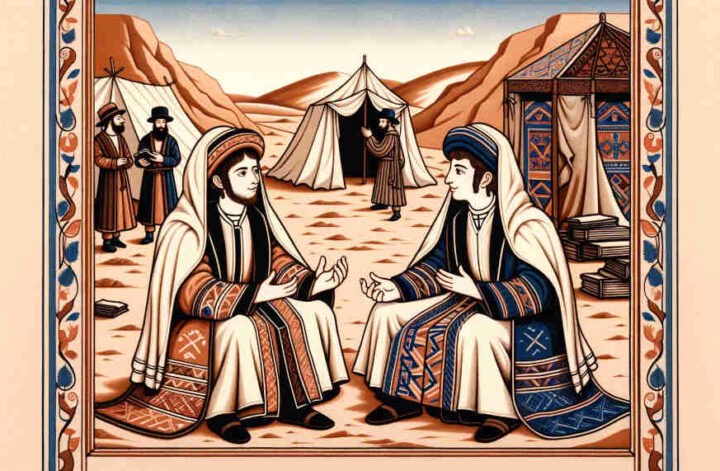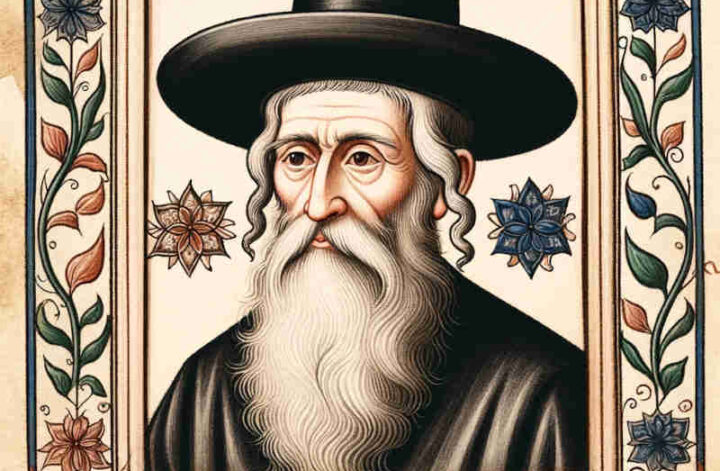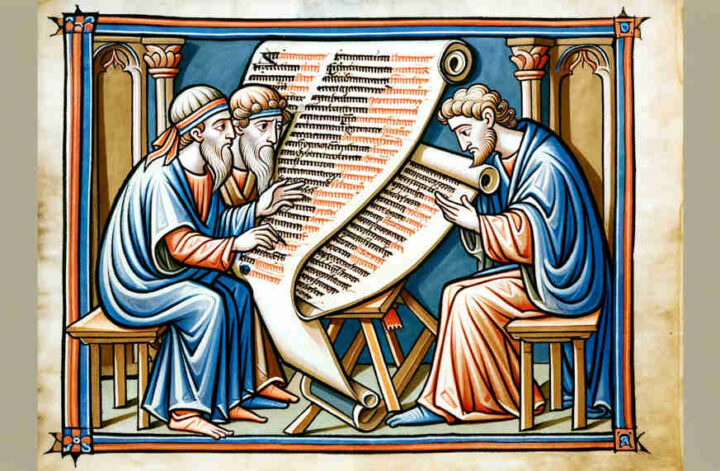From: Daniel Martinez
Subject: Inquiry about Judaism and Homosexuality
Hello Rabbi Joshua,
I’ve been curious about the Jewish perspective on homosexuality. How does Judaism view this? Can homosexuals practice Judaism and be fully accepted in the community? I am looking forward to your insightful response.
Best regards,
Daniel
Response from Rabbi Joshua
Dear Daniel,
Thank you for your thoughtful question. It presents an opportunity to explore the complexities of Jewish law, ethics, and community. The topic of homosexuality in Judaism is one that has been subject to much discussion and interpretation throughout the years. To address your question, we must delve into Jewish texts, the evolving understanding of human sexuality, and the ethos of inclusivity within the Jewish community.
Jewish Texts and Homosexuality
In traditional Jewish law, certain sexual acts, including male homosexual acts, are prohibited. This is based on verses in the Torah, specifically Leviticus 18:22 and 20:13. The classical rabbinic texts, such as the Talmud and later halachic (Jewish legal) authorities, discuss these prohibitions and their implications. However, it’s crucial to note that these texts speak specifically to sexual acts, not to homosexual orientation or identity as understood today.
Contemporary Interpretations
In modern times, there has been a significant shift in the understanding and interpretation of these laws, particularly in the more liberal Jewish movements. Reform, Reconstructionist, and Conservative Judaism have taken steps toward inclusion, with many communities and rabbis openly welcoming LGBTQ+ individuals. These movements often distinguish between ancient biblical contexts and contemporary understandings of sexuality and relationships. They emphasize the importance of dignity, respect, and love, aligning with the broader Jewish values of kindness, justice, and human dignity (כבוד הבריות).
The Diversity within Judaism
Judaism is not monolithic, and attitudes can vary significantly among different communities. In Orthodox Judaism, which tends to adhere to a traditional interpretation of Jewish law, the official stance on homosexual acts remains conservative. However, this does not equate to a rejection of individuals. Many Orthodox rabbis and communities strive to find ways to be more inclusive while navigating their adherence to Halacha (Jewish law).
Inclusivity and Acceptance
Across all denominations, there is a growing recognition of the need to welcome and include all Jews, regardless of sexual orientation. This is rooted in the fundamental Jewish belief in the inherent worth of every person and the commandment to love your neighbor as yourself (וְאָהַבְתָּ לְרֵעֲךָ כָּמוֹךָ, Leviticus 19:18). Many communities, synagogues, and organizations are dedicated to supporting LGBTQ+ Jews, advocating for their full participation in religious and communal life.
It is important to remember that the journey of inclusion and acceptance is ongoing. Judaism teaches us to continually engage with our texts, traditions, and the realities of the world around us. This dynamic process reflects the living nature of Jewish law and ethics.
So, to answer your question: Yes, homosexuals can practice Judaism and be accepted in the Jewish community. The extent and manner of this acceptance can vary across different Jewish denominations and communities, but the trend is increasingly towards inclusion and understanding.
I hope this helps to provide clarity on this complex and sensitive issue. Judaism’s embrace of questions, dialogue, and ethical growth is one of its greatest strengths, and it is through these that we continue to build a compassionate and inclusive community.
Shalom,
Rabbi Joshua


